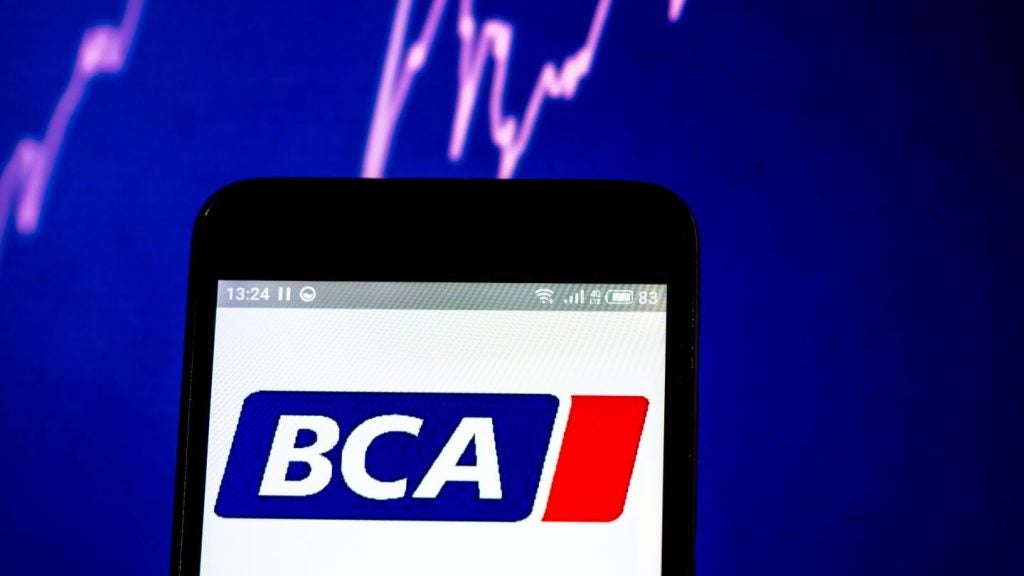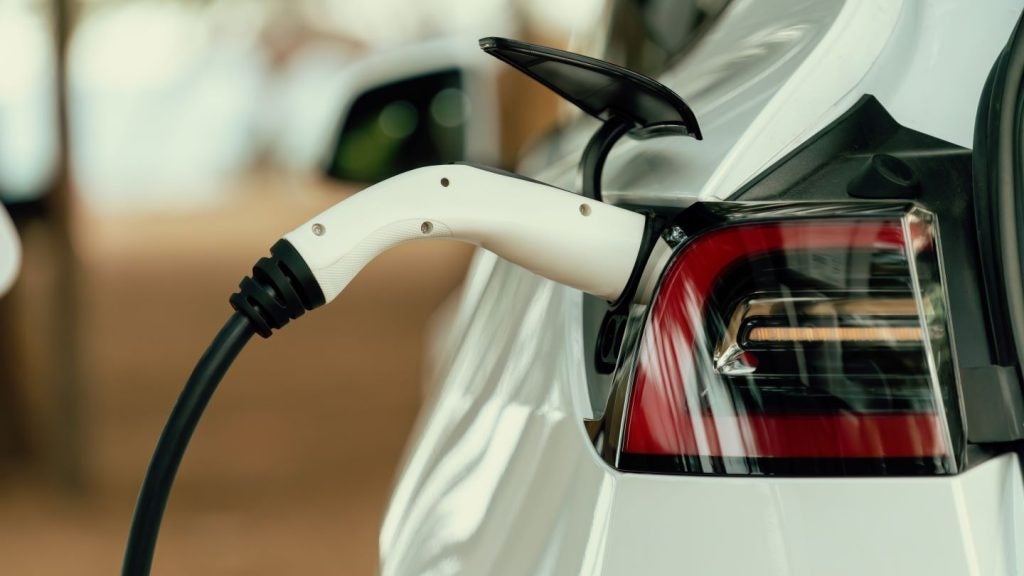
With just under a year to go, the biggest issue looming over the Irish motor finance market is still the oncoming Brexit. However, as Chris Farnell finds, many are finding reasons for optimism.
The Irish car market is one of the smaller markets in Europe, but it is unique for other reasons as well. “Ireland will also be the only country with right-hand drive in the EU once the UK departs,” explains Donal Murphy, managing director of Bluestone Ireland.
And while the market is small, it is also extremely competitive. “The motor dealer structure differs in that many operators are independents rather than larger dealer groups,” explains Robert Murray, area sales and portfolio manager at First Citizen Finance.
“High levels of activity are needed by finance providers to engage and compete effectively in this market.” This small, competitive market may seem vulnerable to the big changes Brexit will bring, and the referendum result was a shock to the industry as much as it was to everyone else.
“With Brexit, nobody thought it could happen; nobody thought it would actually happen. It came as a surprise to everyone, and made the market more challenging,” explains Derek McDermott, managing director at Bank of Ireland Finance.
However, despite these fears, so far the industry has been fairly sanguine about the consequences for the motor finance sector. “The Irish Car Finance sector has performed well since the Brexit referendum and has been relatively unaffected so far,” explains Frank Donnellan, managing director of First Auto Finance.
How well do you really know your competitors?
Access the most comprehensive Company Profiles on the market, powered by GlobalData. Save hours of research. Gain competitive edge.

Thank you!
Your download email will arrive shortly
Not ready to buy yet? Download a free sample
We are confident about the unique quality of our Company Profiles. However, we want you to make the most beneficial decision for your business, so we offer a free sample that you can download by submitting the below form
By GlobalDataMurphy agrees: “Overall, from our perspective, Brexit has not had an impact on providing asset finance.” But that is not to understate the significance of Brexit, and while motor finance has remained robust, the car market has already seen ripples from the result.
“There is no doubt that the most significant development to emerge for the Irish economy recently was the outcome of the 2016 Brexit referendum,” Murray says. “In this current period, during which time the necessary trade arrangements are being finalised, variables such as exchange rates, stock market returns, producer and consumer sentiment continue to display some volatility.”
The most immediate impact of the vote has been the nosediving value of the pound and
the knock-on effect on the new and second-hand car markets. Firstly, uncertainty around the possible Brexit outcomes led to suppressed customer demand for new cars.
As Murray points out: “New car sales for 2017 reached just over 131,500 registrations, down from 147,000 units in 2016. “Although the sector has recovered strongly over the past three to four years, predictions for 2018 are suggesting that sales levels will be down slightly on last year.”
Donnellan adds: “It’s unusual to see consumer confidence on a high and at the same time, registrations of new cars down – albeit marginally – year-on-year.” At least part of that dent in new car sales can be seen in the rise in sales for used imports from the UK, made cheap by the falling pound.
“The market for new cars is challenging at the moment. Although not directly a reflection of a negative sentiment towards Brexit, it is more of a practical consequence of the weakness of sterling,” Murphy says.
“The levels of imported cars from the UK into the Irish market continue to increase month-on month.” Murray continues: “Total imports in 2017 were 93,454, versus 72,153 in 2016 – a 29.52% increase.
This trend has continued into 2018, albeit at a slower level of growth. Once Brexit concludes in early 2019, we expect imports to decline.”
Donnellan is happy to support the current influx of imports, but advises customers to ensure there is a reputable Irish dealer acting as a middle man. “We have all heard the horror stories of consumers buying directly in the UK only to find the car was previously a taxi, on finance, clocked, crashed or even written off,” he says.
“We will finance imports supplied by an Irish dealer, but not imports that are purchased directly from the UK by consumers.” Murray in particular believes the challenges Brexit presents the Irish motor finance industry with can actually be seen as fantastic opportunities. “By March 2019, we will have clarity on the post-Brexit landscape, meaning people can plan again with certainty,” he says.
“This will be good news for the new and used car markets in the Republic of Ireland, and First Citizen Finance will work closely with our industry partners to help shape the future marketplace of car finance in Ireland.”
Uncertain Borders
The biggest question around Brexit, as far as motor finance and the car industry in Ireland goes, is exactly what form the border between Ireland and Northern Ireland will take.
Unfortunately, nobody seems to know the answer to that question. “Theresa May cannot tell you what is going to happen regarding border solutions, so it is a little difficult for me to express an opinion in the absence of clarity surrounding these complex issues,” Donnellan says.
Murphy adds: “The details of any border solutions are unclear. Looking out, a change of Value Added Tax could impact VAT on imports, but we are in the realms of speculation at this stage.”
As things stand, nobody even knows what sort of border the UK wants, let alone what it will get. “The danger is that, even if you are a confirmed Eurosceptic, the UK is staring at the worst of both worlds, with staying in the customs union but out of the EU, so having those standards imposed on them but no ability to vote on it,” McDermott says.
While Brexit is undoubtedly the biggest challenge facing the sector, the biggest part of that challenge is the uncertainty. Everyone Motor Finance spoke to was optimistic that things would improve as the situation became clearer. As Donnellan says: “This will all become clearer in time, and I believe we will deal with and find solutions to the issues as the situation unravels.”
Matters of import
“Although we await clarity on the final decision reached between European and UK officials, all parties appear committed to delivering a soft-border solution, and we believe this is in the greater interest,” Murray says.
“The existing high levels of imports now being experienced are expected to decline dramatically due to import tax implications that will be imposed. We believe this reduction in imports will help stabilise the domestic used car market in the Republic of Ireland.”
Aside from Brexit, the Irish import market is being further confused by the UK’s decision to ban diesel vehicles, and an expected increase in electrical and hybrid vehicles.
“The thing about the motor industry is it has got inherent uncertainty,” McDermott says. “Hanging over that, you have got the hybrid and all electric solutions nibbling it. It is an interesting time in the industry; nobody knows how it will end.”
However, where there are problems there are also solutions, and the motor finance industry is well placed to provide those. “As a finance provider, we respond to challenges by valuing every car individually.
Bluestone Asset Finance uses a system that values the car on an up-to-date basis, using algorithms based on recent transactions within the market,” Murphy says. “Bluestone also adopts a prudent approach to risk by demanding a minimum deposit of 15% on every loan.
It gives us comfort around the loan-to-value ratio on each vehicle.” McDermott believes Ireland’s more cautious approach to finance after the last crisis is an asset in this environment.
“After what we went through from 2008 to 2015, there is no appetite amongst us to make the same mistakes of the past,” he says. “The first thing is to give consumers the confidence that there is finance available if they want to change their car. We need to be mindful of messing with residuals: if you get too aggressive, you are shooting yourself in the foot.
“I think it will be an interesting couple of years. I would say ‘steady as she goes, and remain very aggressive on the service front”. Indeed, while there is healthy concern over the uncertainty in the UK, there is also a good deal of optimism about the Irish motor finance industry’s ability to adapt to whatever new circumstances may arise.
“With regard to the future, we would be very optimistic. The economy is one of the best performing in Europe. We are as close to full employment as we have ever been, and as a consumer finance company this augurs well for the future,” Donnellan says. “The market is growing and it is a competitive space, so we are expecting new entrants to the market, such as manufacturers and captive banks,” Murphy adds.
“Overall, we are happy with our positioning and the increasing power of our brand.” “The national car parc in Ireland sits at just above 2.1 million vehicles, and the desired replacement cycle of new car registrations each year is circa 7%. In 2018, we expect the new passenger car registrations to reach circa 125,000 units,” Murray agrees. He concludes: “Post-Brexit, we believe that the market can achieve a sustainable annual new car registration average of circa 147,000 by 2020.”







